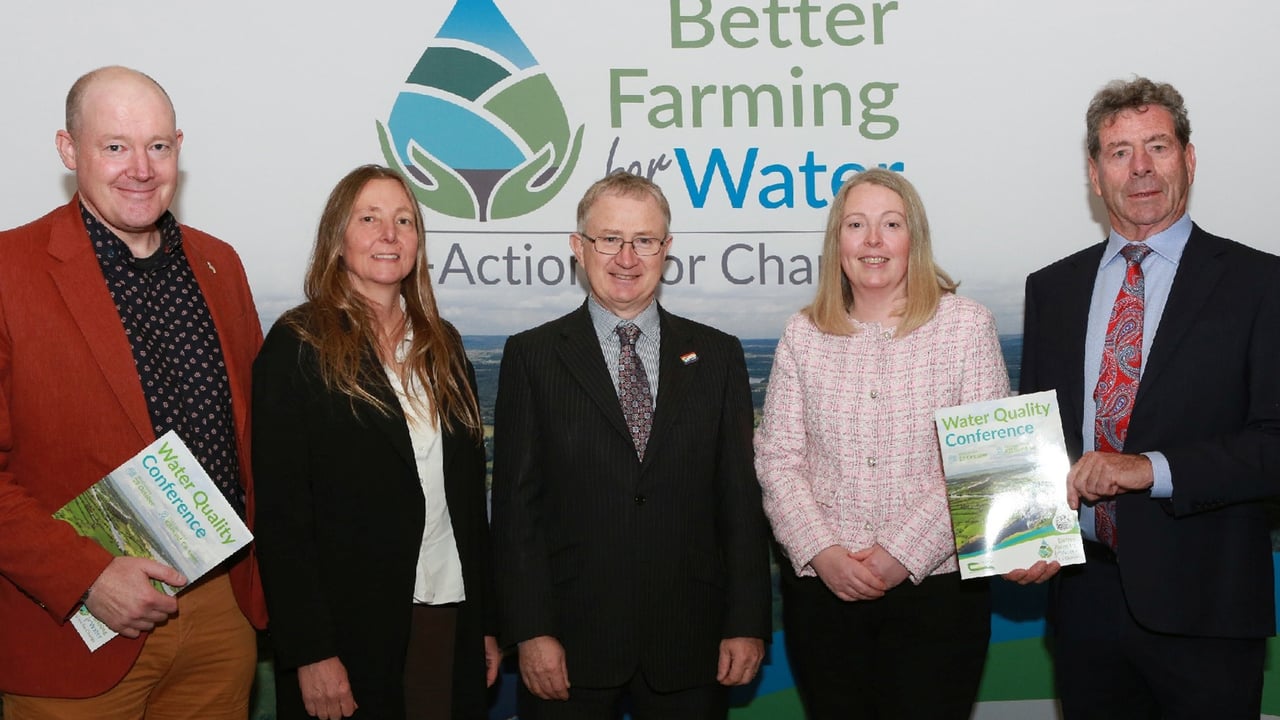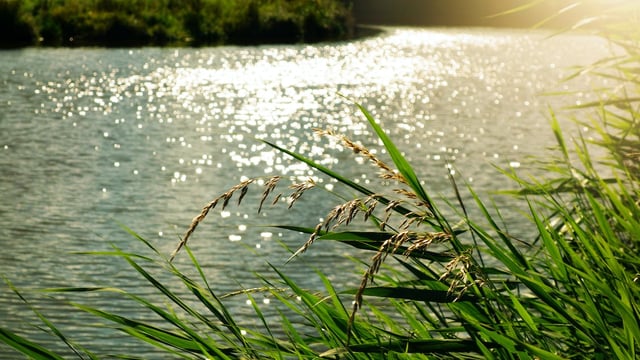Clean water 'a cornerstone' of rural landscapes - Teagasc boss
Teagasc director Prof. Frank O'Mara has told a major conference on water quality that clean water is "a cornerstone of...the rural landscapes that sustain food production".
Prof. O'Mara was speaking at the Teagasc Water Quality Conference, which is taking place today (Wednesday, October 29) in the Heritage Hotel in Killenard, County Laois.
The aim of the conference, according to Teagasc, is to understand the current policy, science and practice around agriculture and water quality, and to examine what can be learned from the catchment approach taken in New Zealand.
One of the speakers was Prof. Richard McDowell, principal scientist at the New Zealand Institute for Bioeconomy Science, who shared insights on the New Zealand approach to improve water quality in an agricultural catchment landscape.
Prof. O'Mara told the conference: "We all want plentiful food which is safe, nutritious, high quality, and affordable while returning a decent living to farmers.
"Abundant, clean water is a cornerstone of our society, our economy and the rural landscapes that sustain food production.
"It is clear that water quality must improve. Farmers have already taken on board a lot of measures and implemented a lot of actions to improve water quality.
"Teagasc has a role to support them in taking further actions, in co-ordination with all other interested parties," the Teagasc director said.
The guest from New Zealand, Prof. McDowell, told the conference: "Empirical evidence demonstrates that on-farm mitigation actions can improve surface- and groundwater quality when properly targeted, implemented, and maintained.
"The level of confidence in attributing observed improvements depends on data quality and analytical rigour," he added.
Prof. McDowell outlined a "five-step framework" used in New Zealand, comprising target setting, action selection, implementation, monitoring, and attribution.
He said this framework provides a "scientifically defensible process for linking farm actions to measurable freshwater improvements".
Teagasc catchments programme
The conference also heard from Dr. Per-Erik Mellander from the Teagasc Agricultural Catchments (ACP) Programme.
He told attendees: "The Agricultural Catchments Programme plays an important role for the national strategy to improve water quality. It delivers a comprehensive understanding of the processes and controlling factors that determine nutrients loss to water under the influence of changing drivers.
"There are critical source areas, critical mobilisation areas, critical delivery pathways, and critical delivery times for nutrients. Detailed insights need to be scaled up to larger areas and tested across scenarios to generate practical, evidence-based guidance for mitigation strategies," Dr. Mellandar said.
The conference also heard from the Environmental Protection Agency (EPA).
Dr. Jenny Deakin, programme manager with the EPA said: "Overall, water quality in Ireland is continuing to decline, despite improvements in some areas.
"All sectors have a role to play. Excess nitrogen and phosphorus losses from agriculture remain a key contributing factor.
"While there are many actions being undertaken across the sector to improve water quality, the scale and pace of implementation needs to be increased," Dr. Deakin added.





